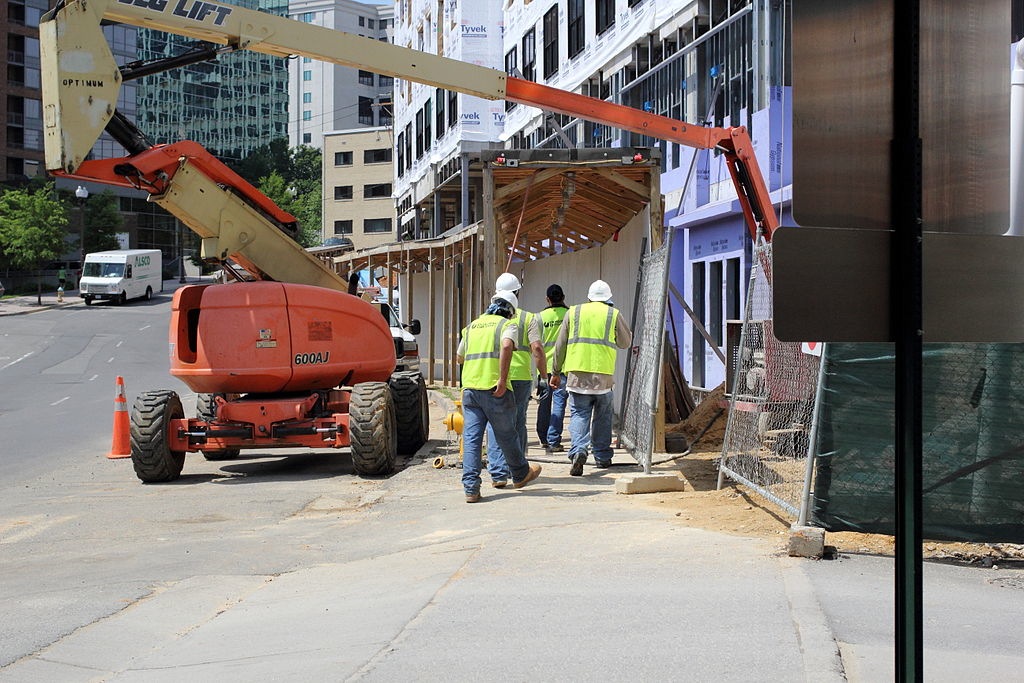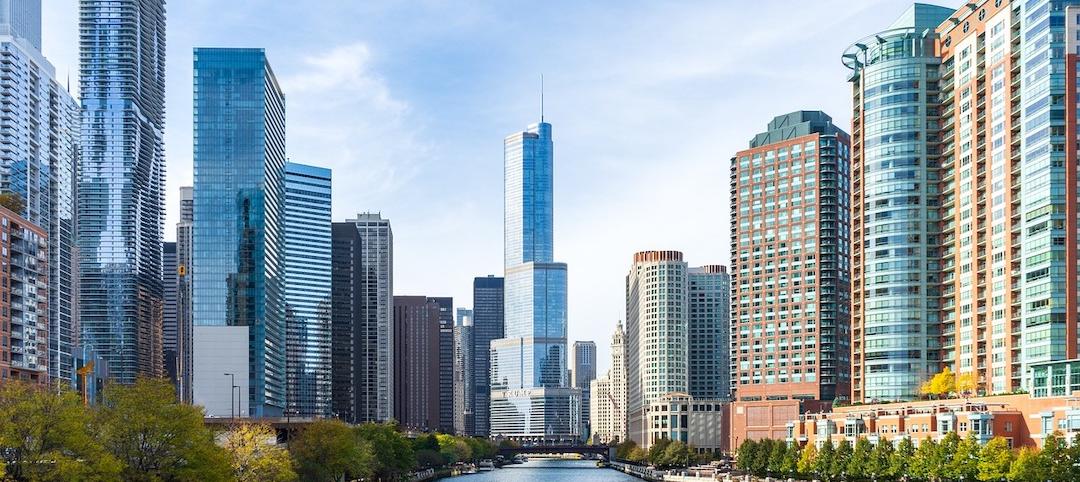An agreement for a land transfer from the City of Detroit to Ilitch Holdings Inc., that enabled construction of a new arena for the Detroit Red Wings requires that 51% of the project’s construction workers must come from the city. That stipulation is creating a challenge for Ilitch, the owner of the Red Wings, due to a shortage of skilled tradespeople who live in the city.
Construction firms that fall short of the hiring goal can still work on the project, but must pay a fee or offer free training and provide instructors and equipment. Many construction workers move out of the city after they acquire skills to earn a better wage. Detroit’s mayor is considering offering low-interest loans on city-owned houses to try to retain construction workers.
The arena construction will create an estimated 5,500 jobs with nearly 2,800 of those workers needing to come from Detroit. The project could become a training ground for tradespeople who will be needed on other major projects in the area including blight removal, the M-1 rail project, and the planned New International Trade Crossing bridge that will span the river between Detroit and Windsor, Ontario.
Even if the local hiring requirement weren’t in effect, the arena project would be hard pressed to find enough laborers, carpenters, electricians, pipe fitters and other trades, with the region experiencing a labor shortage due to an aging workforce.
(http://win-semich.org/challenges-loom-to-fill-2800-construction-jobs-in-detroit/)
Related Stories
Codes and Standards | Feb 18, 2022
Proposal would make all new buildings in Los Angeles carbon-neutral
Los Angeles may become the next large city to ban fossil fuels from new construction if legislation recently introduced in the city council becomes law.
Codes and Standards | Feb 18, 2022
U.S. Army outlines ambitious renewable energy and decarbonization goals
Net-zero emissions in all procurements and a microgrid at every base among aims.
Codes and Standards | Feb 17, 2022
Pandemic won’t alter urban planning
City planners focused on returning to ‘old normal’.
Codes and Standards | Feb 16, 2022
California court rules affordable housing developers exempt from local zoning
Case could set precedent on state law that overrides local rules.
Codes and Standards | Feb 15, 2022
FORTIFIED resiliency standard expanded to include multifamily sector
Voluntary, beyond-code program aims to protect buildings from severe weather.
Codes and Standards | Feb 10, 2022
Number of Americans at risk of flooding to double in 30 years
Most new risk from new development, not climate change.
Codes and Standards | Feb 10, 2022
Intl. Code Council committee on diversity seeks applicants
New board aims to increase diversity in the membership association.
Codes and Standards | Feb 9, 2022
Climate impact of gas stoves in U.S. equal to half a million cars
New study could increase momentum to ban fossil fuels in new buildings.
Codes and Standards | Feb 7, 2022
Energy efficiency ratings not reflecting true energy use
Highest rated U.K. buildings are less efficient than lower rated ones.
Codes and Standards | Feb 3, 2022
Illinois tops USGBC list of states with the most LEED certified projects in 2021
Top 10 states plus D.C. certified more than 247 million gross square feet.

















